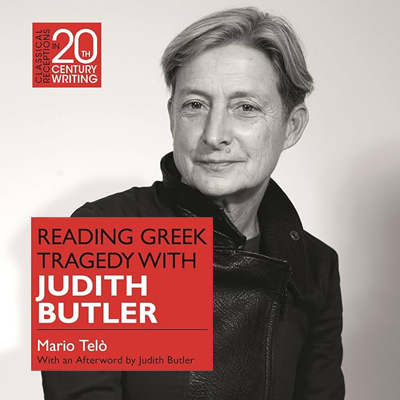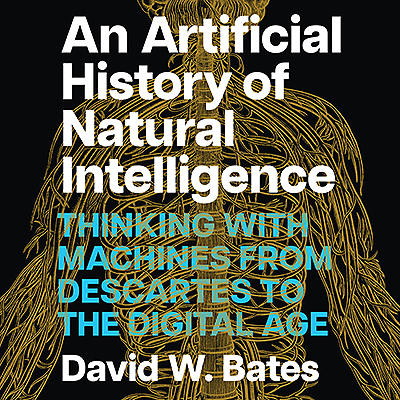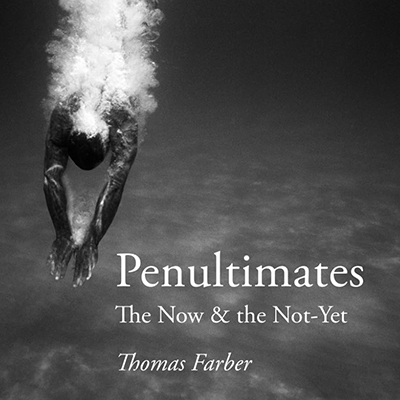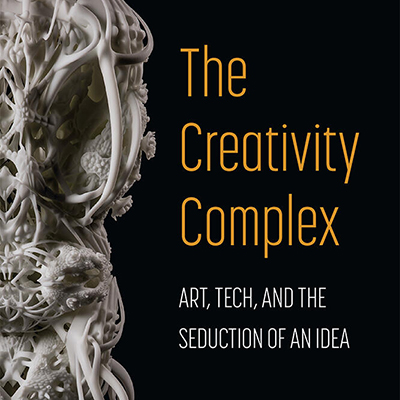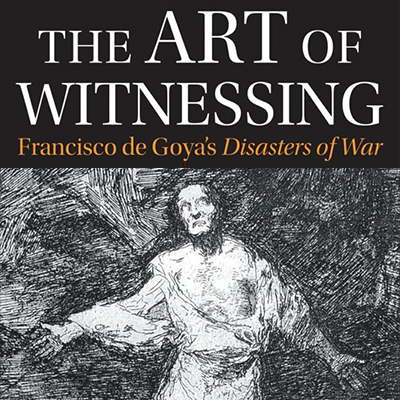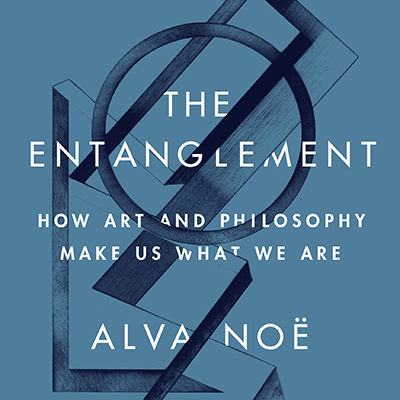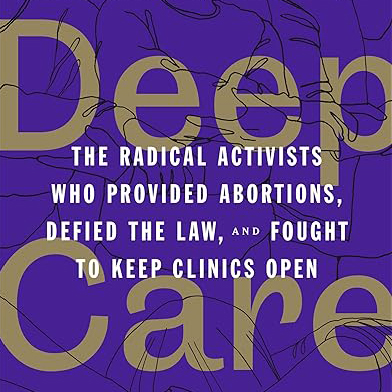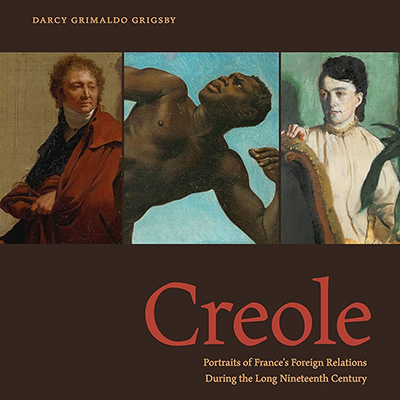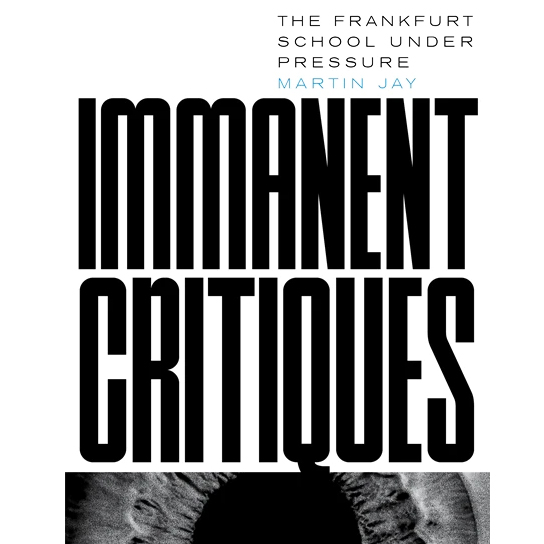Past Events
Reading Greek Tragedy with Judith Butler
Considering Judith Butler's “tragic trilogy” — a set of interventions on Sophocles's Antigone, Euripides's Bacchae, and Aeschylus's Eumenides — Mario Telò seeks to understand how Butler uses and interprets Greek tragedy and, ultimately, how tragedy shapes Butler's thinking.
Sharad Chari explores how people handle the remains of segregation and apartheid in South Africa, as witnessed through portals in an industrial-residential landscape in the city of Durban.
An Artificial History of Natural Intelligence: Thinking with Machines from Descartes to the Digital Age
David Bates offers a new history of human intelligence, arguing that humans know themselves by knowing their machines.
In his wry meditation on aging, Thomas Farber memorializes lost friends and takes the measure of our current moment.
Shannon Steen explores how discourses of creativity can seduce us into joining a worldview that justifies structural inequalities, environmental degradation, and other aspects of contemporary capitalism that we might otherwise find troubling.
Intervening in debates on historical memory, testimony, and the representation of violence, Michael Iarocci shows how Goya's masterpiece extends far beyond conventional understandings of visual testimony.
[POSTPONED] The Entanglement: How Art and Philosophy Make Us What We Are
In The Entanglement, Alva Noë explores the inseparability of life, art, and philosophy, arguing that we have greatly underestimated what this entangled reality means for understanding human nature.
Deep Care: The Radical Activists Who Provided Abortions, Defied the Law, and Fought to Keep Clinics Open
Angela Hume offers lessons from generations of underground activists and clinicians who worked to protect abortion access.
Creole: Portraits of France’s Foreign Relations During the Long Nineteenth Century
Through her study of portraiture, Darcy Grimaldo Grigsby examines the indeterminacy of the term “Creole” — a label applied to white, black, and mixed-race persons born in French colonies during the nineteenth century.
Honoring the Frankfurt School's practice of immanent critique, Martin Jay puts critical pressure on a number of its own ideas by probing their contradictory impulses.
